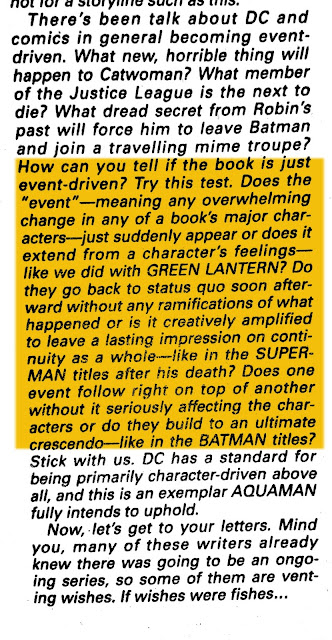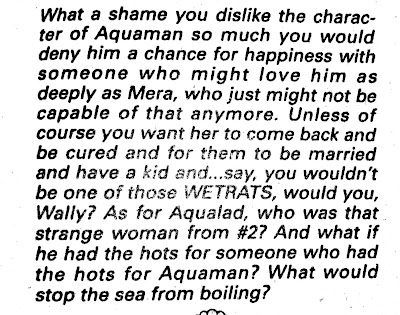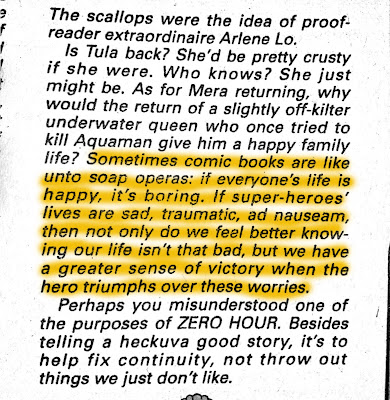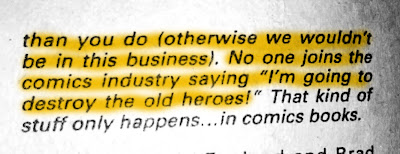Currently the movie rights to
The Fantastic Four belong to Fox. They have so far made three films based on this property, but have yet to have a success on the level of certain other superhero movies, namely Marvel's Cinematic Universe, Warner's
Dark Knight Trilogy and
Man of Steel, and their own
X-Men franchise. Many have argued that the only way for us to get a truly great
Fantastic Four movie would be to give the rights back to Marvel and make the characters part of their cinematic Universe. I don't think this is likely to happen, but what if it did? How would these characters fit into the Marvel Cinematic Universe, and who would play them?
The last
Fantastic Four film was a massive flop, there's no denying it. I don't actually think it's as bad as people say it is (as I argue
here) but it certainly fell short of my expectations. Rather than being disappointed (as I was), it seems many fans are actually pleased it flopped. Indeed, I think many fans were willing it to be a flop before it had even come out, mainly because they believed that if it flopped then Fox would wash their hands of the property and return it to Marvel. I think this is a foolish attitude. Why wish for a film to be bad because of the slim hope that you may get a better film somewhere down the line? It's crazy. And let's face it, are Fox really going to relinquish movie rights that allow them to use not only Mr Fantastic, Invisible Woman, Human Torch, and The Thing, but also, Dr Doom, Silver Surfer, Galactus, Mole Man, and presumably Annihilus, Diablo, Dragon man, the Mad Thinker, the Wizard, Psycho Man, Red Ghost and his Super Apes, Franklin Richards, Valeria Richards, Nathaniel Richards, Kristoff Vernard, the Future Foundation, etc etc? It's not going to happen.
But what if it did?
Many fans have argued that if Marvel Studios do gain the rights to the FF, then they should place the characters in the 1960s and make the movie a period film. I've always been against this in principle. Fantastic Four should be about looking forward, looking to the future, pushing the boundaries of science and the imagination. But recently I've started thinking, yes all this is true, a 1960s FF film would fly in the face of what the characters stand for, but what I have to take into account is the fact that a 1960s FF film would also be pretty bloody cool.
Just imagine, the year is 1961 and Reed Richards and his family are due to be the first people on the moon. But suddenly SHEILD announce that a different team are heading up instead, one led by a certain Victor Von Doom perhaps. The involvement of SHEILD allows for a cameo appearance by Peggy Carter (Hayley Atwell) and Howard Stark (Dominic Cooper/John Slattery). Reed and his girlfriend Sue, her brother Johnny, and Reed's best friend Ben, steal the rocket but of course, everything goes wrong. Maybe Reed's rocket could have been made by technology derived from the Tesseract (see
Captain America: The First Avenger and
Avengers). This alien technology could react badly with the cosmic rays it encounters in space and result in our heroes gaining their powers. Over the course of a trilogy that takes us up to the '70s our heroes could battle Dr Doom, Annihilus (leading an invasion from the Negative Zone), and of course Galactus. Along the way they could even take on an intern, a young genius named Hank Pym (see
Ant Man).
The trilogy could end with the FF getting trapped in the Negative Zone, which would explain why they're not in the present day Marvel Universe. Of course, they could always escape the Zone and join the Avengers in the present day, giving us the potential for cool stuff like a Hulk/Thing battle. Or we could see Reed and Sue's kids, Franklin and Valeria, appear in the present day to form the Future Foundation.
Here's who I would cast in
Fantastic Four: Dawn of the Marvels (or you know, a less crap title):
Reed Richards: Colin SalmonNot only is Colin Salmon the best James Bond we never had, but I believe he has that sharp yet warm patriarchal vibe required to make a good Reed Richards. One of
Arrow's few flaws is the way it's underused Salmon and his character.
Susan Storm: Jada Pinkett-Smith
Her gloriously OTT performance as Fish Mooney in
Gotham has made Smith one of my favourite Hollywood actresses. I think she's adept at action, drama and comedy, and so I can't help but want her to play my favourite Marvel super-heroine.
Johnny Storm: Donald GloverWe need a good looking actor who's young, likeable and funny. Who better than Donald Glover? He famously campaigned to play Spider-Man. That ship has sailed, at least for the moment, so why not have him play the Human Torch instead?
Ben Grimm: Ving Rhames
Rhames would be perfect as Ben Grimm, a rough diamond who carries anger and warmth in equal measure. Ben is the rock that holds the team together, and I believe Rhames has the charisma to play that.
On a side note, a
Fantastic Four played by black actors would give SHEILD's secret Hydra agents (see
Captain America: Winter Soldier), a reason to try and stop them getting to the Moon. Hydra are, after all, based on Nazis.
The most important thing about any new FF film made by either Fox or Marvel is that it MUST NOT, under any circumstances be based on The Incredibles. I've written about this
before, but I feel so strongly about it I'm going to say it again.
A lot of fans like to describe
The Incredibles as "the Fantastic Four done right." Let's get something straight.
The Incredibles is not "Fantastic Four done right". In fact, beyond a few superficial similarities,
the Incredibles are nothing like the Fantastic Four.
They're both a family. They both have members who are strong, who can turn invisible, and who can stretch. THAT'S IT!!!
The Fantastic Four is a comic about an occasionally dysfunctional family of sci-fi explorers and adventurers who do what they do because of their love of adventure, their thirst for discovery, and their loyalty to each other.
The Incredibles is an animated film about a family of superheroes who go into hiding because of the public's fear and distrust of them and find themselves struggling to deal with anonymity and a "normal" life. It is entertaining enough but, as my pal
Madeley has observed many times, it is also a staggeringly right wing, Randian wank-fantasy where superior beings triumph over us ordinary slobs and our attempts to drag them down to our puny level. "If everybody's special, nobody is" etc. And, hey, if that's your politics, more power to ya, but it's not, in any way "the Fantastic Four done right."
I honestly don't think a MCU Fantastic Four film is going to happen any time soon. But on the other hand, stranger things have happened. Who would have though twenty years ago we'd even be in a position to talk about the FF joining a successful and growing Marvel Cinematic Universe? Here's hoping that the next FF film will be a success, whether it's made by Fox, Marvel, or whoever!
What do you think? And who would you have as Dr Doom?








































































